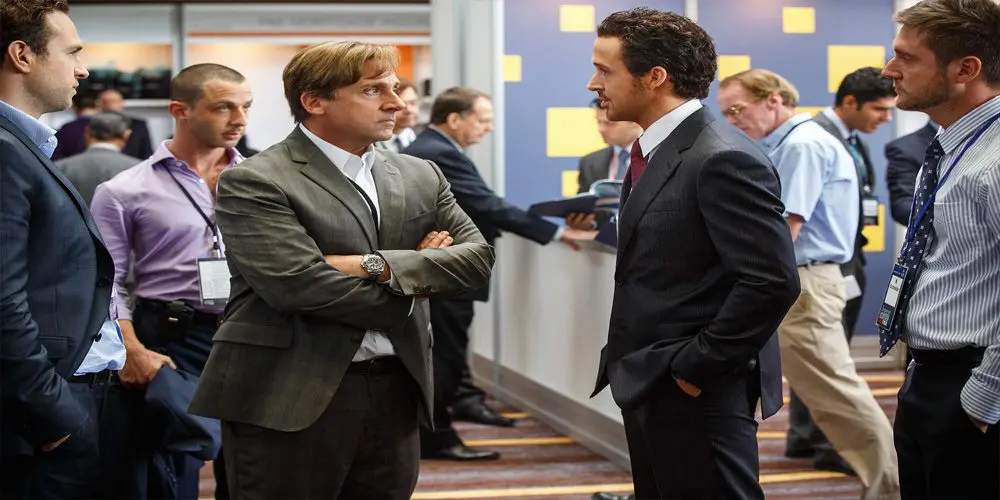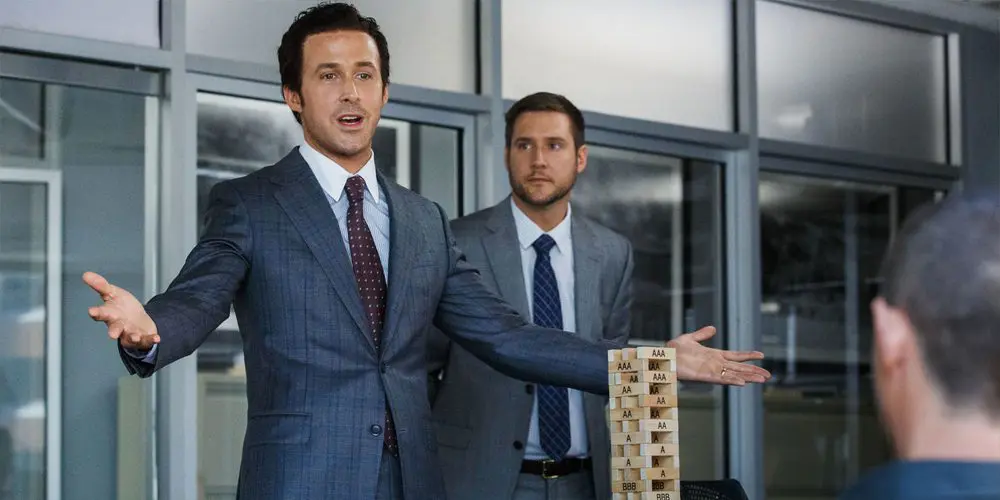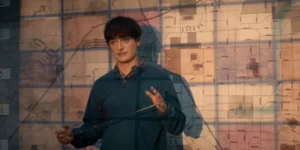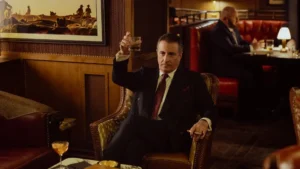I never thought I would come across a film that stank of money and emptiness more than The Wolf of Wall Street. What’s stranger in this movie is that it does not dazzle you with a group of characters enjoying life and making use of an opportunity. If I’m honest, the opportunists in The Big Short look miserable. If miserableness is the feeling when exploiting a financial opportunity than I never want to be a part of it.
The film represents that greed infects the banks, and that turned into a spiral of doom which unloaded onto the lower classes. Do you feel sorry for any of the oblivious swaggering Wall Street traders in this film having no clue of the impending collapse? No, and this is because The Big Short only wants you to see it from the perspective of the four outsiders who look increasingly crazy at their report of the housing forecast. The traders, bankers, and lenders are presented as braggers with no care for the law, so naturally, you feel no sympathy as 2008 edges closer in the narrative. The opportunists appear to be religious preachers discussing a taboo that the housing market is a bubble which will pop at any moment, while the traders at the bottom laugh and their clueless manager above them appear smug. The Big Short fancies itself as a comedy, yet its educational themes do not allow you to giggle much. Instead, you feel intrigued with the events leading up to 2008.
READ: Movies like The Big Short you must watch
The movie displays that in times of crisis there is always an opportunity to exploit, but at the same time, it also teaches us that in the end when you are victorious it can feel so empty. The emptiness is presented from the characters Charlie Geller and Jamie Shipley, who find themselves with the help and assistance of retired trader Ben Rickert (Brad Pitt) to make a sizeable profit. When it dawns on the two that families, jobs and homes will be lost in the millions, the gain becomes empty and less meaningful. There is no way that this film allows you to appreciate any enjoyment from the opportunist’s success. While each character provides different circumstances, you are judging them just as much as the banks for their hypocrisy and questionable morals.

The narrative does confirm your disbelief in the form of character Jared Vennett (Ryan Gosling) a banker who catches on to the early prediction made by hedge fund manager Michael Burry (Christian Bale). Michael is a Jordan Belfort, but instead, you do not enjoy his actions, and you hate his arrogance and the way he feels so invincible in the situation. If you can relate to this character, then it says more about you as a person. I believe that Jared personifies the hate you must hold when watching this film. He is purposefully unsympathetic and has no regard for life. The feeling of invincibility in the finance markets is nothing new but because this was not so long ago you cannot help but feel anger that some people had no ounce of care for millions in pain.
There’s probably one character you do back in this movie, and that’s in the form of Steve Carrell’s Mark Baum, who for his personal reasons detests banks. Even so, he is still a hypocrite because he still takes the money. He’s technically just as bad as the banks for exploiting the situation even though a part of his plan was to attack the establishment. The difference between Mark and Jared is that with Mark you can almost relate, even if you are not part of the banking profession. His distaste for the banking system and how it is not fair and set up to hinder the less fortunate is relatable to many because there are less wealthy than the rest of us, but I genuinely believe that we will all have that unique moment in our life where we are tested against our personal principles. The film persuaded you to ask yourself – if offered a way out, would you take it? The way out in this scenario is a heap of money by betting against the housing market.
Only a few benefitted from the bubble bursting at the expense of a majority. The film tentatively depicts the horror from the victorious, and as a viewer, you are perplexed to what the purpose of money is. Some scenes try to educate you as an audience with a series of metaphors about banking terminology which furthers your knowledge, but even then they are just words, and it does not distract you from the fact that this horrific event is occurring, and the horror that it is depicting, and then you realised it happened. 2008 was a shit year for a lot of people.




